Drug-Induced Arrhythmias: List of Drugs that May Cause Arrhythmia

Drug-Induced Arrhythmias: List of Drugs that May Cause Arrhythmia There are many commonly used medications that can cause a variety of abnormal heart rhythms (arrhythmias). These drug-induced arrhythmias are often the result of medication-induced changes in electrical conduction within the heart which can produce heart rhythms that are too fast (tachyarrhythmias) or too slow (bradyarrhythmias). […]
New Risk Factors for Heart Arrhythmia

The risk of experiencing an irregular heartbeat (arrhythmia) increases with age and most people over the age of 75 years experience irregular heartbeats at some point. Not all irregular heartbeats are bad or need treatment. Factors that determine if an arrhythmia is clinically significant include: duration, arrhythmia type, underlying risk factors or trigger(s), and associated […]
The Future of Atrial Fibrillation and Electrophysiology
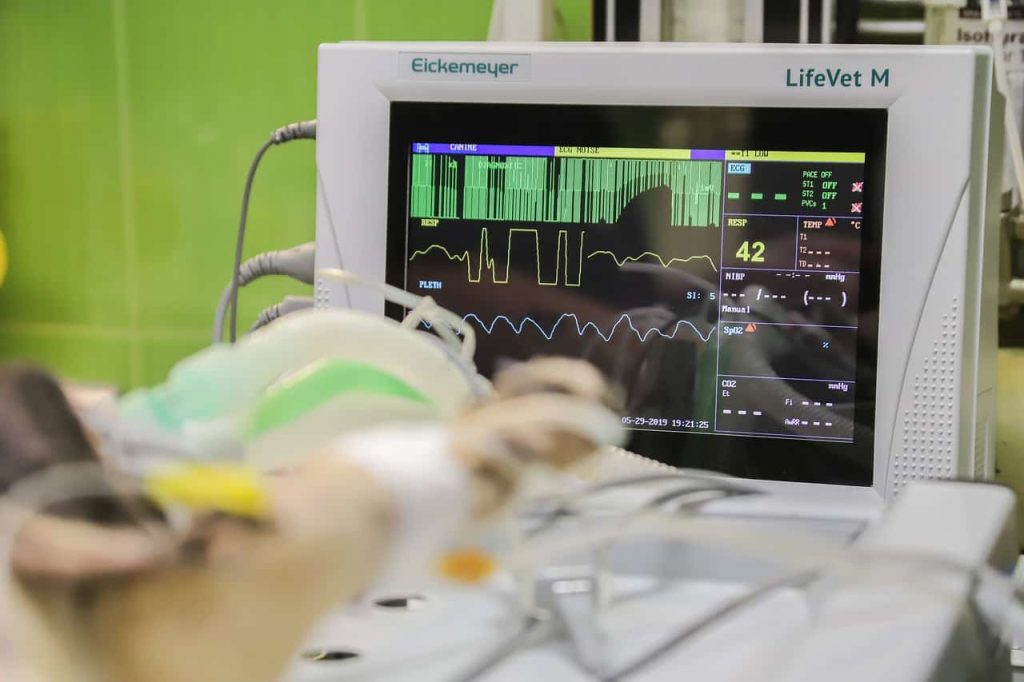
Atrial fibrillation (AFib or AF) is the most common abnormal heart rhythm (arrhythmia) which requires treatment. It places a significant burden on patients and our healthcare system at large, costing an estimated $28 billion per year. Atrial fibrillation and atrial flutter, which is a closely related arrhythmia, are estimated to affect 44 million people worldwide. […]
Beyond Pacemakers and Ablation in Atrial Fibrillation: Steps to Better Rhythm Control
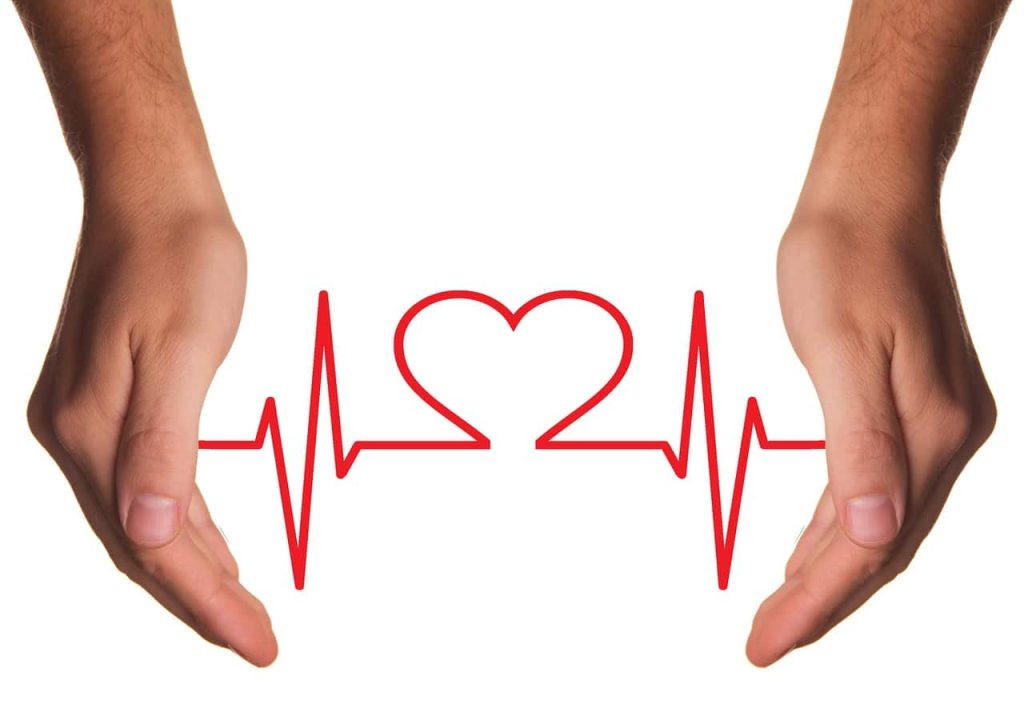
Atrial fibrillation (AFib) is a heart arrhythmia (abnormal heart rhythm) that causes a rapid, irregular, heartbeat. There are three primary goals of AFib treatment which include: alleviation of symptoms, prevention of heart failure, and stroke risk reduction. The first two AFib treatment goals are achieved through rate and/or rhythm control. Rate control treatment methods target […]
Best Alternative Treatment for Atrial Fibrillation
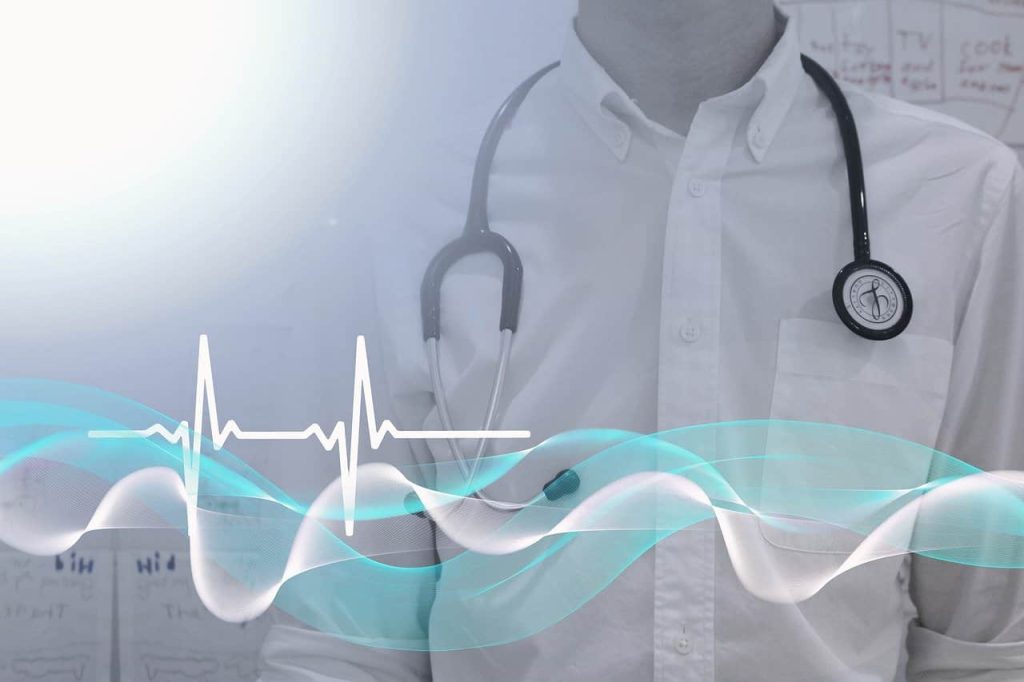
Atrial fibrillation (AFib) is the most common heart arrhythmia (abnormal heart rhythm) that requires treatment. According to the Centers for Disease Control, it is estimated that AFib will affect 12.1 million Americans by 2030. Many people with AFib experience symptoms like palpitations, chest pain, shortness of breath, or weakness and an atrial fibrillation attack can […]
When To Seek Treatment For Afib
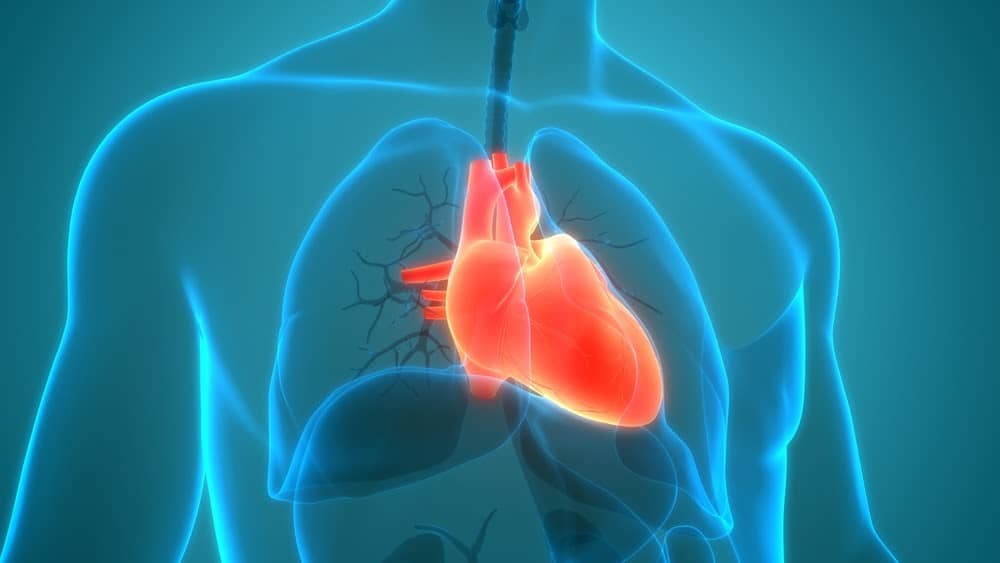
There is an epidemic of atrial fibrillation (AFib) in the United States. AFib is the most common cause of sustained irregular heartbeat (arrhythmia) and it currently affects an estimated 3.3 million Americans. With our aging population and improved long-term survival with chronic health conditions, atrial fibrillation is predicted to affect 16 million Americans by 2050. […]
Atrial Fibrillation And High Blood Pressure
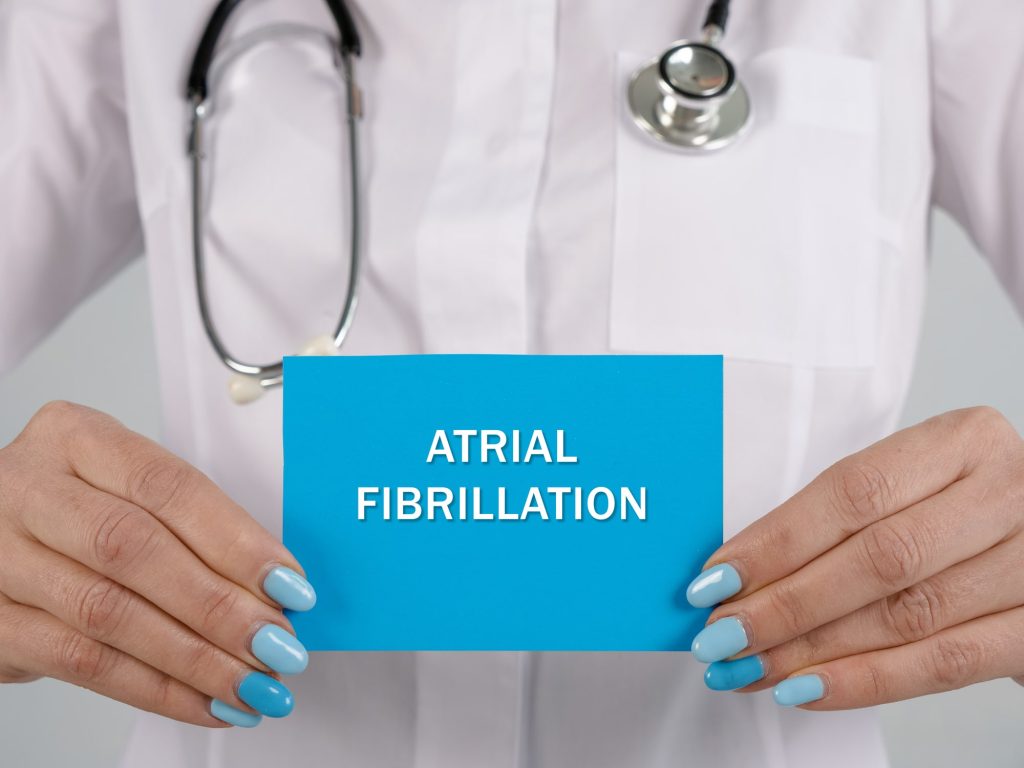
Atrial fibrillation (AFib) causes an irregular, chaotic heart rhythm and affects 9% of Americans over the age of 65. High blood pressure, also called hypertension, is a common cause of atrial fibrillation. A person with hypertension is almost twice as likely to develop atrial fibrillation as someone who has normal blood pressure (BP). High blood […]
Atrial Fibrillation: AFib and Congestive Heart Failure
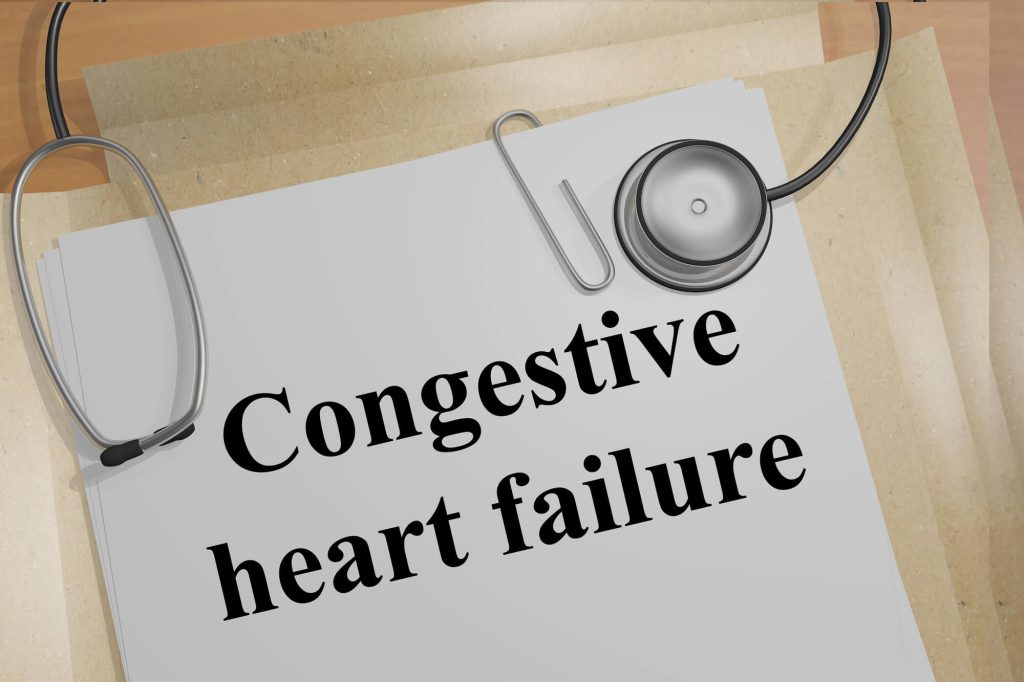
There are epidemics of atrial fibrillation (AFib) and heart failure in the United States. Heart failure affects approximately 6 million Americans over the age of 20. Atrial fibrillation is estimated to affect 5.2 million people in the U.S. The prevalence of heart failure and atrial fibrillation have increased over the past decades due in part […]
Atrial Fibrillation and High Blood Pressure
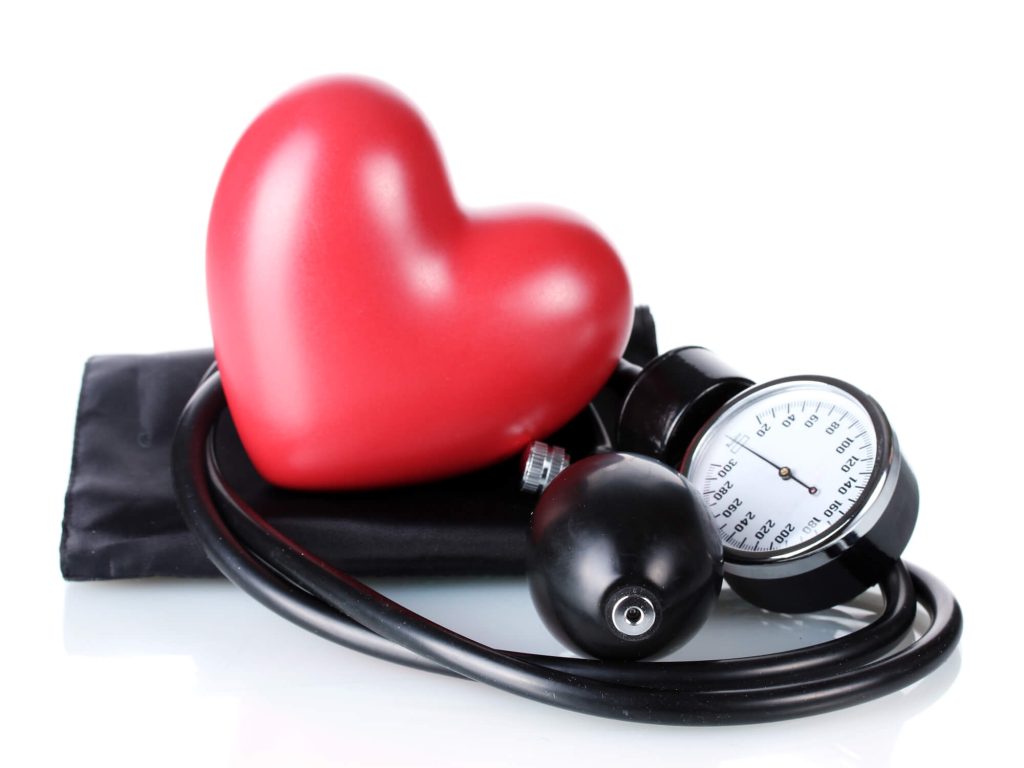
The normal heart rhythm is coordinated and regular. Atrial fibrillation is an abnormal heart rhythm (arrhythmia) that causes a chaotic and irregular heartbeat. High blood pressure is the most common cause of atrial fibrillation (AFib). High blood pressure has a major impact on the development, progression and outcomes of AFib. High blood pressure can cause […]
Atrial Fibrillation: Pathophysiology in Afib
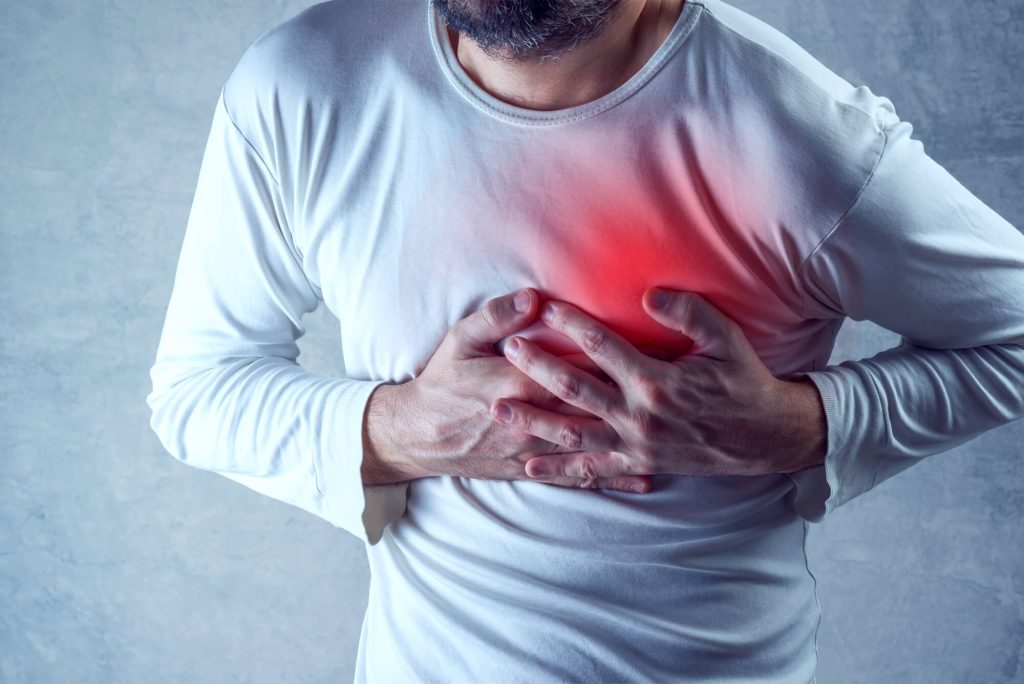
Maria is a 65 year old female who presents to the emergency room complaining of shortness of breath and palpitations. A heart monitor confirms the presence of an abnormal heart rhythm (arrhythmia) and shows atrial fibrillation (AFib) with a heart rate of 130 beats per minute. The nursing staff tell her the doctor will be […]



